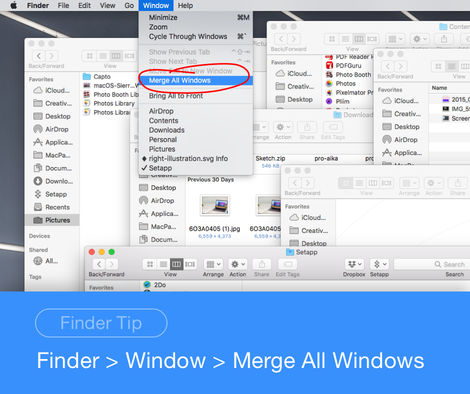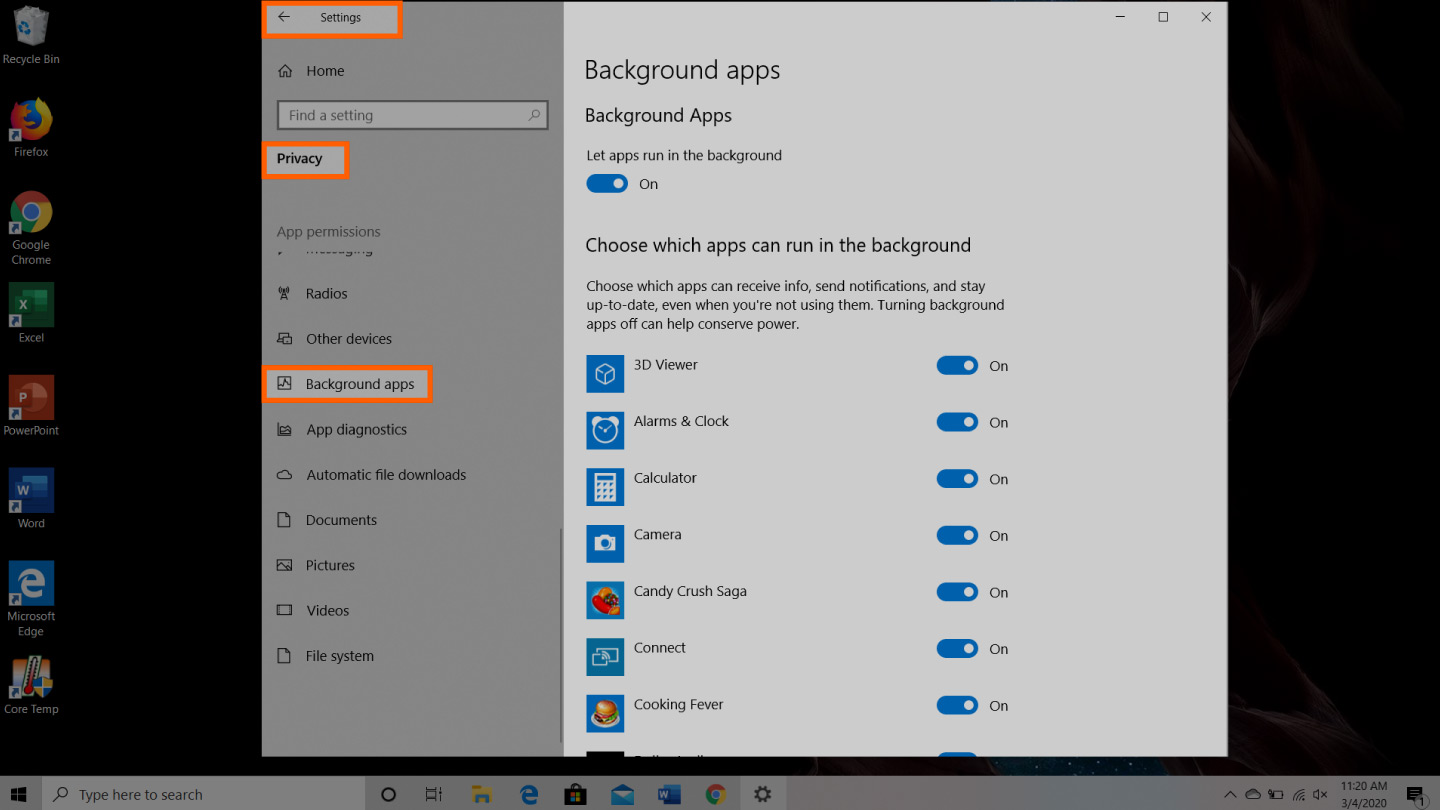- Clean Up Memory On Computer
- How To Clean Up The Memory Cache On My Windows 10 ...
- Windows 10 Freezing After Fresh Install - Microsoft Community
RAM(Random-Access Memory) is an essential component of the computer, which is located in the motherboard of the PC. It is the place where the computer stores the short term data for quick access and use. With the help of RAM, the computer can execute tasks faster. When there is no enough RAM storage left, you might find that the PC slows down and performs worse. What can you do at this time? Next, we will share you 6 quick ways to clear RAM on the Windows 10 PC.

Restart Windows Explorer to Clear Memory 1. Press Ctrl + Alt + Del keys at the same time and select Task Manager from the listed options. 2.Find Explorer and click Restart. Apr 20, 2020 How To Clean Ram Memory Windows 10 Step-By-Step 1. Delete unnecessary files from your computer. The “Temp” and “Prefetch” folders on your laptop hold some unnecessary files that slow down your computer’s performance by taking up both memory and storage space. We are using 99% Isopropyl Alcohol to clean the dirt and sticky carbon particles from it. Drop some amount of alcohol on the ram and try to clean it by the use of cotton buds.
1. Restart Your Windows 10 PC

Restarting the PC is a common but effective fix for many computer issues, so is for the issue-insufficient RAM space. You can free up RAM on Windows 10 by rebooting the PC, which can help reset all the running programs and completely clear RAM.
2. Exit Unneeded Applications
Restarting your PC will also completely clear the RAM and restart all running processes. While this obviously won't increase the maximum RAM available, it will clean up processes running in the background that could be eating up your memory.
Have a look at the desktop taskbar and does it show many open programs? If it does, don't hesitate to exit the unneeded application that can take up the precious RAM. Then you will find that the Windows 10 PC runs smoother than before.
Clean Up Memory On Computer
3. Clear Memory Cache
There are different types of cache on the running Windows 10, which enables the system to respond quickly. But these cache can occupy a lot of memory sometimes. Luckily, they can be deleted by their own ways. You can remove DNS cache and Windows Store cache in CMD with the related command. To clean the cache of browsers like Google Chrome/Microsoft Edge/Firefox, you can easily do it in the browser's settings page. For the common cache, you can clear them with the tool iSunshare System Genius which works well on clearing Windows junk files including temporary files/data cache/font cache/thumbnail cache/manifest cache, etc. By using such a helpful tool, you can erase the general cache within a few clicks instead of deleting them in different places.
3 Steps to use System Genius
Step 1: Install iSunshare System Genius on your Windows 10 PC.
Step 2: Launch the tool and choose Junk File to get the Scan button. After that, hit Scan to scan Windows 10 for junk files.
Step 3: In the result section, uncheck the Junk file scan result option firstly. Then check temporary files and other cache items. At last, click Clean to wipe them from your system.
4. Close Unnecessary Background Programs
Although background programs can update themselves automatically, send you the notification, etc, it can consume the power, use the bandwidth and eat up system resources like RAM on the other side. So, you are highly recommended to only keep the needed background programs. To close the unnecessary background programs, you can follow the steps here.

Step 1: Enter Settings in the search bar and click it.

Step 2: Choose Privacy in the Settings window.
How To Clean Up The Memory Cache On My Windows 10 ...
Step 3: Scroll down the left pane to access Background apps.
Step 4: Turn off the unnecessary programs.
5. Use Lighter Applications
Compared with their similar applications, some apps are better at managing memory. If your computer struggles with the specific program, you can try to find a lighter alternative for it. For example, you can use Google Chrome instead of Microsoft Edge if your computer crawls when running the Edge browser. In this way, you can free up RAM and get more available space on Windows 10.
6. Disable Rare-to-Use Startup Programs
There might be some startup programs on your Windows 10 computer. Some are set by yourself for convenience use and the others are enabled by default when they are installed. Actually, these startup programs can be the cause for the full RAM and it would be a good way to clear RAM on Windows 10 through regularly managing the startup programs and disable the rare-to-use one.
Step 1: Run Task Manager and click More Details in the lower-left corner of it.
Step 2: Switch to Startup in the upper menu and then find the needless programs to disable.
Besides, you can manage the startup programs in a more intuitive way, which is using iSunshare System Genius.
Windows 10 Freezing After Fresh Install - Microsoft Community
Related Articles:
